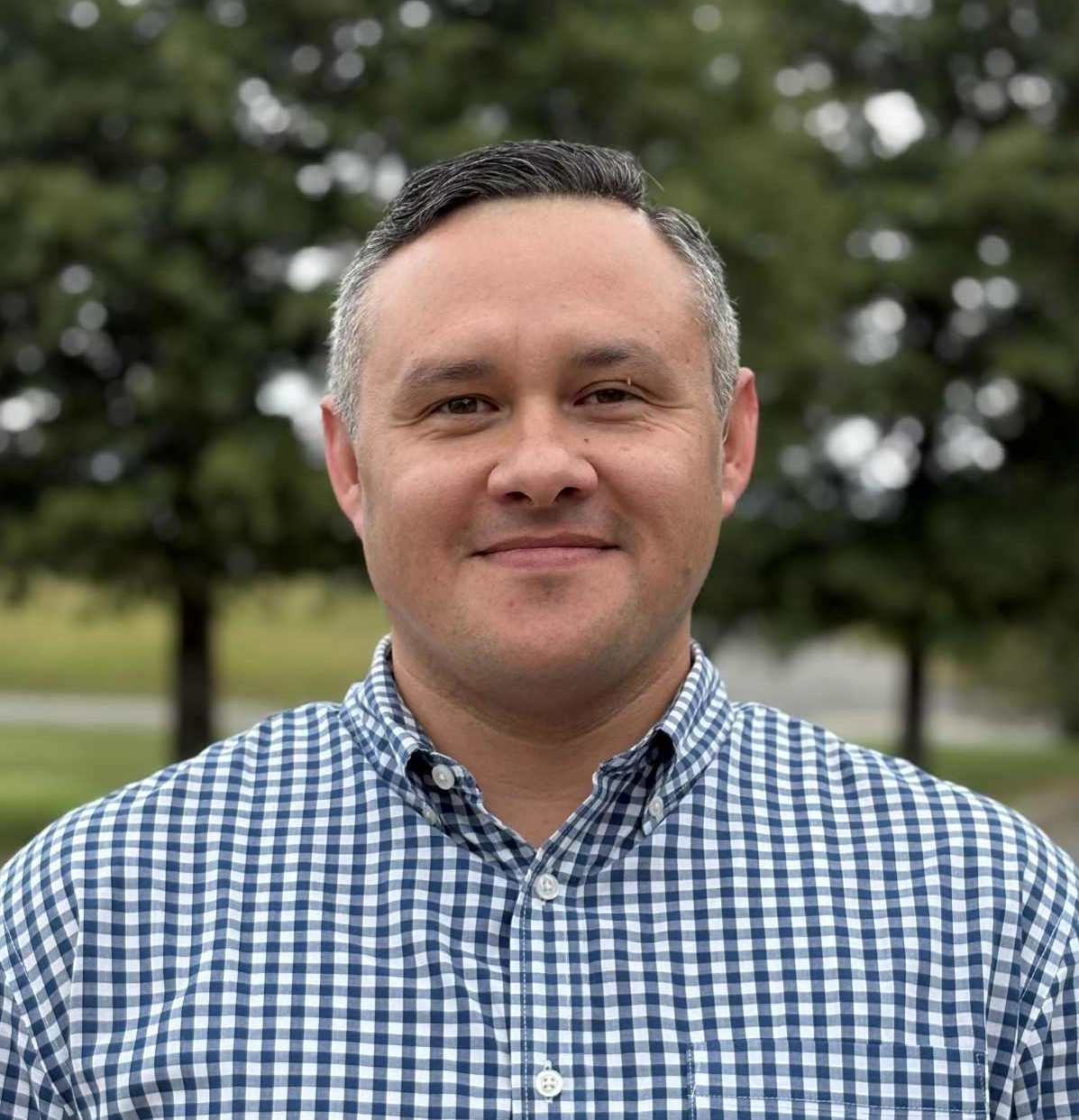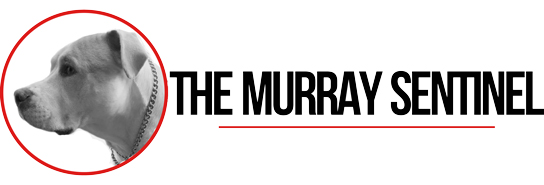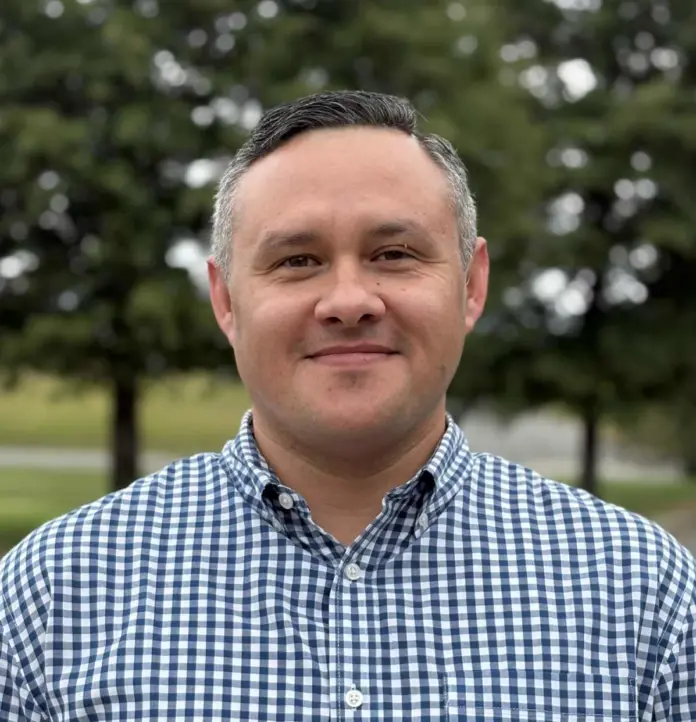Halito! Sa hohchifo yut Steven. Chahta sia hoki! (Hello! My name is Steven. I am Choctaw!)
By Steven Hunter/For The Sentinel
My grandmother, Vmpokni, grew up on the ancestral land of our people, which, before the United States was born, encompassed what is now central Mississippi, Louisiana, and southern Alabama. The Mississippi Band of Choctaws received federal recognition as a tribe just a few years after she was born. Later, she attended Chilocco Indian Agricultural School in Oklahoma (Red People), having previously learned English as a second language. As the eldest grandchild, I was close with her and would travel to the rez (slang for “reservation”) during summers, where our Choctaw family lived, so I have fond memories of being with family and clueless about what everyone was saying. They spoke Chahta annompa (the Choctaw language), a language that predates English on this continent by hundreds of years.
Native people have contributed a lot. If you like cornbread, beans, corn, peanuts, pumpkins, tomatoes, squash, peppers, nuts, melons, and sunflower seeds, you can thank the natives. They shared various food sources with people from other continents a few centuries ago. If you like ball games, tug-of-war, and relay races, those are also derived from native games. Many words we regularly use are Native American terms: barbecue, chipmunk, woodchuck, hammock, skunk, and hurricane. Prominent cities are named after tribes or paramount chiefs: Seattle, Spokane, Milwaukee, Miami, and Wichita.
In 1988, the United States Senate paid tribute with a resolution that said, “The confederation of the original 13 colonies into one republic was influenced by the political system developed by the Iroquois Confederacy, as were many of the democratic principles which were incorporated into the constitution itself.” Back in 1751 (March 20), Benjamin Franklin, in writing to his printer, James Parker, wrote:
It would be a very strange Thing, if Six Nations [Iroquois] of ignorant Savages should be capable of forming a Scheme for such an Union, and be able to execute it in such a Manner, as that it has subsisted Ages, and appears indissoluble; and yet that a like Union should be impracticable for ten or a Dozen English Colonies, to whom is it more necessary, and must be more advantageous; and who cannot be supposed to want an equal Understanding of their Interest.
A comparison of the Iroquois constitution and our own is fascinating. You should Google that.
Despite not being granted U. S. citizenship until 1924, natives have served this nation throughout its birth and existence. Many tribes allied with the Continental Army during the Revolutionary War. My fifth-great-grandfather, Mushulatubbee (“Determined to Kill”), led Choctaw warriors to fight alongside Andrew Jackson in the War of 1812. They helped him defeat the Red Stick Creeks to bring an end to the war. Native tribes allied with a divided nation during the Civil War. In World War I, Choctaw Code Talkers helped the West defeat the Germans, thus bringing the war to a close by using a language that was, at the time, forbidden. My great-grandfather, Vmafo, fought in World War II. My father was in the Navy, and my daughter is in the National Guard. Natives, on average, serve in the military at greater rates than any other race in the United States.
There is a sad side to Native Americans’ reality. Alcoholism among Native Americans is higher than that of any other race. Alcohol was unknown until they encountered Europeans. Also, they didn’t know anything about gambling or economics, which led to their losing their land. They have the highest rate of poverty, just edging out black people. Gang activity is more prevalent among Native Americans, and native women are raped two and a half times greater than the national average. At the same time, child abuse is twice the national average. For those living on reservations, such statistics tend to be worse, according to Naomi Schaefer Riley. When people ask me about terms and mascots, I point to these statistics. While focusing on minor issues is fine, we have bigger problems than a term or a mascot if you put all things in context.
I think it’s important to know that native people are all different. A lot of what people associate with natives is usually relative to a region of several tribes. My ancestors lived in thatched houses and log cabins. Not everyone lived in teepees. My ancestors didn’t wear the elaborate, beautiful war bonnets you might see among tribes west of us. Yet, we still wore feathers from sacred birds such as eagles and hawks. An eagle feather is given by an elder as part of a ceremony for a remarkable feat a person has achieved. Natives belong to the land rather than believing one could own land. When hunting, one uses every part of the kill after leaving an offering. When you take from the land, you must give back. This is why many natives make tobacco, sage, or sweetgrass offerings when they are successful in hunting. We also have what some might consider to be superstitions: an owl’s screech is a message of death. Don’t whistle at night, or you’ll call for evil spirits. Don’t even get me started about Bigfoot!
There’s so much more to native cultures and perspectives that often go overlooked. Some of them could be useful to society if they hadn’t previously been prohibited. For example, controlled burns reduce forest fires. Still, they were outlawed in 1850 because colonizers saw this as threatening, especially if they had livestock. These burns were used to manage ecosystems for food and materials, not to mention the spiritual significance they held for natives. Because of rampant wildfires, Canada has partnered with tribes to support prescribed burning and reduce wildfire risk.
We can learn a lot from one another. Just as this young nation formed its foundational document based on an Iroquois constitution, we can take the good and leave the bad, as with anything. Take some time this month to read about Native tribes, habits, customs, and way of life. You’d be happily surprised by what you might learn.
Happy Native American Heritage Month!

Steven Hunter is the preacher for the Glendale Road Church of Christ in Murray, Kentucky. He has served and continues to serve on various non-profit boards in the community. Steven is a Reserve Deputy with the Calloway County Sheriff’s Office, a member of the Murray Rotary Club and a volunteer at the Anna Mae Owen Hospice House, among other things. He is also the newest member of The Sentinel’s Board of Directors.




